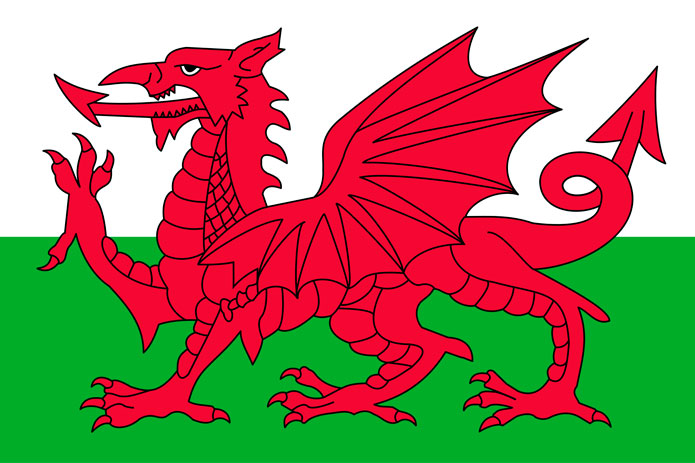FT columnist and Master of Wine
Although already renowned for its sake and beer, Japan has yet to share the international recognition for its wines that is enjoyed by other wine-producing nations such as Australia and New Zealand. But Yamanashi Prefecture’s distinctive Koshu wines are now better placed than ever to carve a niche in the UK’s highly competitive wine market, says Jancis Robinson, OBE.
Talking exclusively with BCCJ ACUMEN during her brief visit to Japan in February, Robinson — famous for her straight-talking, demystifying approach to the complex world of wine in her weekly Financial Times column and eponymous website — says that, until recently, it would have been extremely difficult to introduce Japanese wines to the UK market. Today, however, a global move away from red wines towards low-alcohol dry white wines and a growing trend worldwide to celebrate local produce, be it food or wine, stands Koshu in good stead.
“The time is perfect for promoting Koshu as a well-produced local wine perfectly compatible with Japanese cuisine such as sushi and sashimi”, she said. “There are now many restaurants that take food- and wine-matching very seriously. In my experience, sommeliers are more likely to recommend whites than reds: at a ratio of about 6 to 1. Food trends are important for wines too. The trend in Britain is constantly towards lighter foods such as fish, chicken and Asian-influenced cuisine. Japanese restaurants are very popular and most already serve beer or sake, so there is a real opportunity to match wines as an alternative to these”.
“It would be over-ambitious to say [Koshu] could be drunk with a wide range of food, but certainly beyond Japanese cuisine it would go with light seafood, such as oysters”.
The Koshu grape is unique to Japan and this is another important factor in its favour, since UK consumers can get dry white wines from all over the world.
“They are looking for something specifically Japanese, and that Koshu definitely is”, said Robinson.
Recent analysis shows the grape was introduced to Japan, via the Silk Road, around 1,000 years ago. Yamanashi is considered an ideal location for cultivating grapes thanks to its climatic extremes: long summer sunlight and well-drained volcanic soils.
The influential wine critic is equally careful not to raise the hope too much of 15 wine producers who have created Koshu of Japan (KOJ), an organisation that partners local wine-makers with the Koshu City Chamber of Commerce, the Kofu Chamber of Commerce and Industry and the Yamanashi Prefecture Winemakers’ Association, with the specific aim of increasing consumer awareness in the global market.
Pricing in the UK is likely to be a big issue, warns an ever-practical Robinson. “Koshu wines are likely to be sold for around £10 on Japanese restaurant wine lists where they have been recommended by a sommelier. It is very important when introducing non-Japanese and even Japanese palettes to Koshu to keep the wines very, very pure. What I love about it is that, at its best, it is very refined and reflects the best of Japan and its cuisine. It is a very delicate wine style. I can quite see why there would be demand in Japan for Japanese Chardonnay and Merlot, but the much more interesting thing for us foreigners is to find something that can only be found in Japan, as with the Koshu grape. I do remember from my previous visits how impressed I was with the best Koshu wines and how quintessentially Japanese they seemed”.
Robinson is more cautious when considering the retail potential of Koshu wines. “I can’t see Koshu wines being widely sold in British supermarkets”, she says. “The market for dry white wines is becoming more crowded as grapes that would have been used for sweet wines are now being diverted to dry white wines. New Zealand, for example, has a glut of white wines and is an obvious competitor for Koshu in the UK market”.
It also helps to have a friend when introducing wines, Robinson said with characteristic dry humour. “I remember a completely unexpected influence in the early 1990s when an American television programme called ‘60 Minutes’ reported that red wine was good for your health. It took the wine trade of the world by surprise when wine stores reported, the very next day, that there were little old ladies going into liquor stores asking for their red wine medicine”.
“The movie Sideways had a similarly unexpected effect when suddenly, overnight, the popularity of Pinot Noir just took off. Which just shows that, if any sort of wine needs an extra bit of sales push, you need to get a friend in the movies or television. Perhaps Koshu the Movie, she says with a smile.
www.grace-wine.jp/english/englishnew.html
www.koshuofjapan.com
www.jancisrobinson.com
[greybox]Jancis Reviews Koshu whites
Grace Wine: Cuvée Misawa Koshu Akeno 2009 — “Cool minerality, delicate”.
Marufuji Winery: Rubaiyat Koshu 2009 — “Very delicate and precise, not bone-dry but well-balanced. Easy to appreciate and drink with or without food”.[/greybox]





